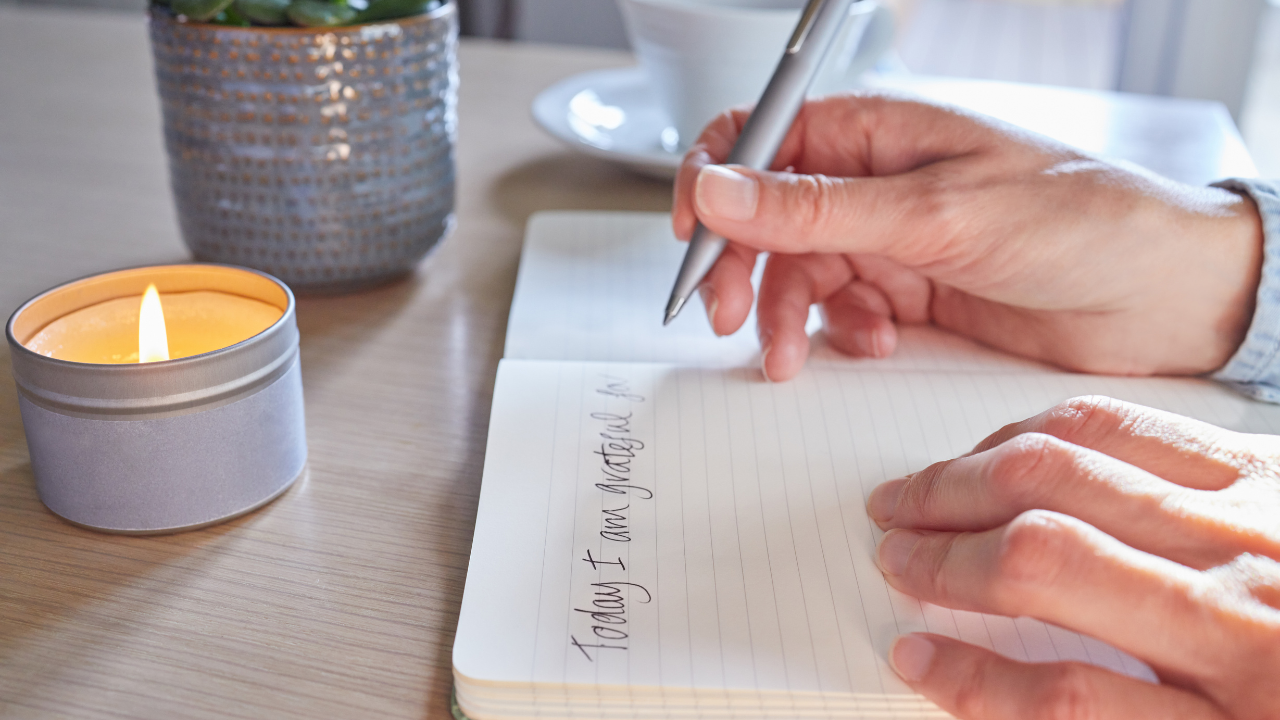
Crucial donations of blood meant our sons will now remember their dad – and I could prepare for his death The hardest conversation I’ve ever had to have began with me swallowing the lump in my throat, blinking back my tears and reaching to clasp my husband’s hand. “I know we will fight this disease as hard as we can, but we need to talk about what happens if you ..
. if you ..
. can’t do that,” I said. “ We need to talk about what happens if you die , Mike.
” The words felt almost impossible to say because life without him seemed utterly incomprehensible. Ever since he’d been diagnosed with a rare and aggressive form of leukaemia 15 months earlier, we refused to accept it could end his life. My husband – a fit, vibrant 1.
93m former policeman – was only in his mid-40s. We had two young sons. This could not be it.
Our bloody-minded determination had become our coping mechanism. But once the words were out, Mike didn’t seem hurt or angry or think that I’d given up on him – he seemed relieved. The next few hours were heartbreaking as Mike lay in bed dictating letters to our sons while I tearfully typed them on my laptop.
He told each of our boys how much they were loved and described beautifully all the tiny reasons that made each of them so special. He also made recordings: “I love you Joseph” and “I love you Lucas” – I wanted them to always be able to hear that. Later, those recordings would be sewn into soft cuddly wolves (we were his “wolf pack”), so they could forever squeeze their wolf and hear their daddy’s voice .
.














